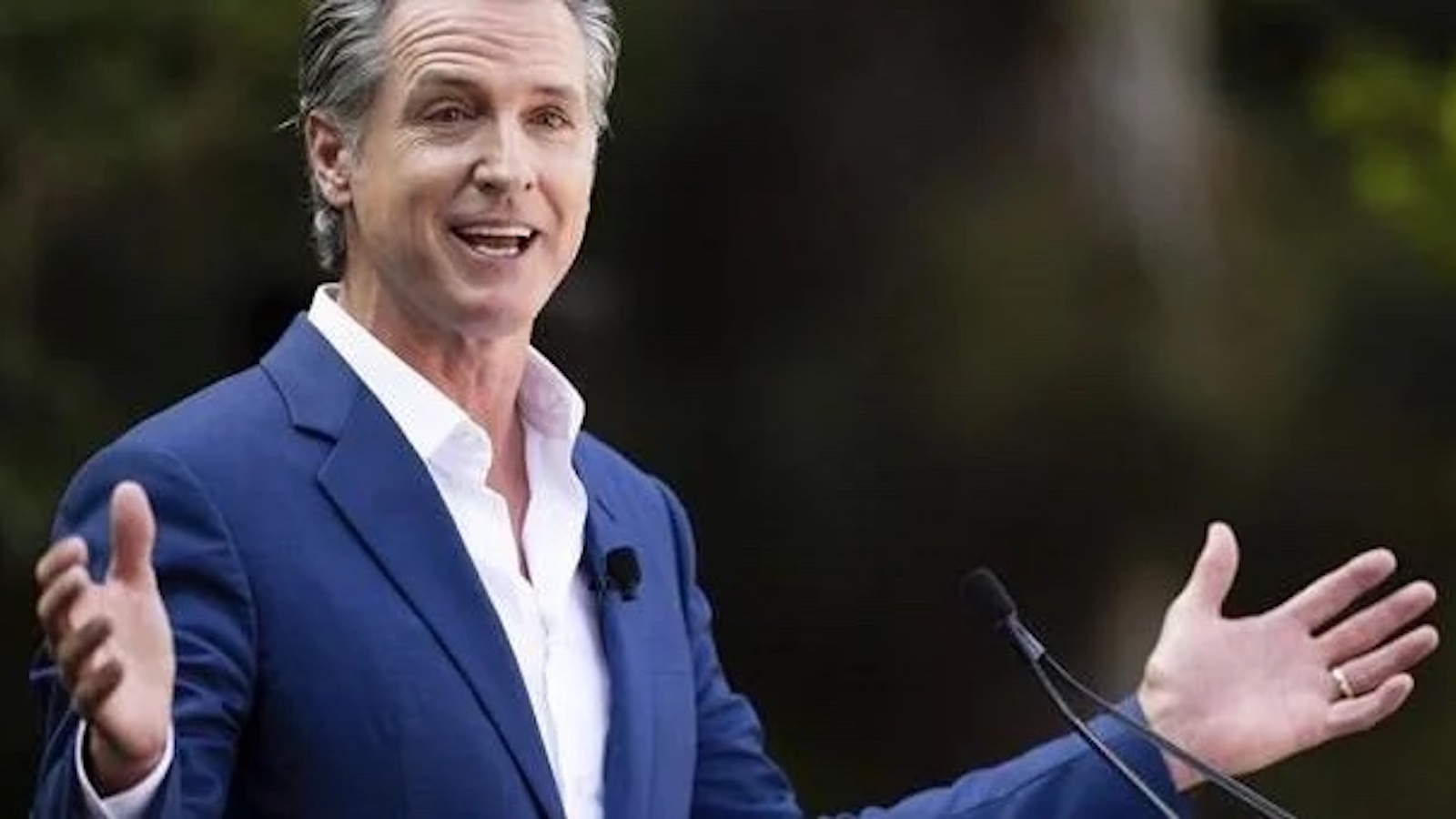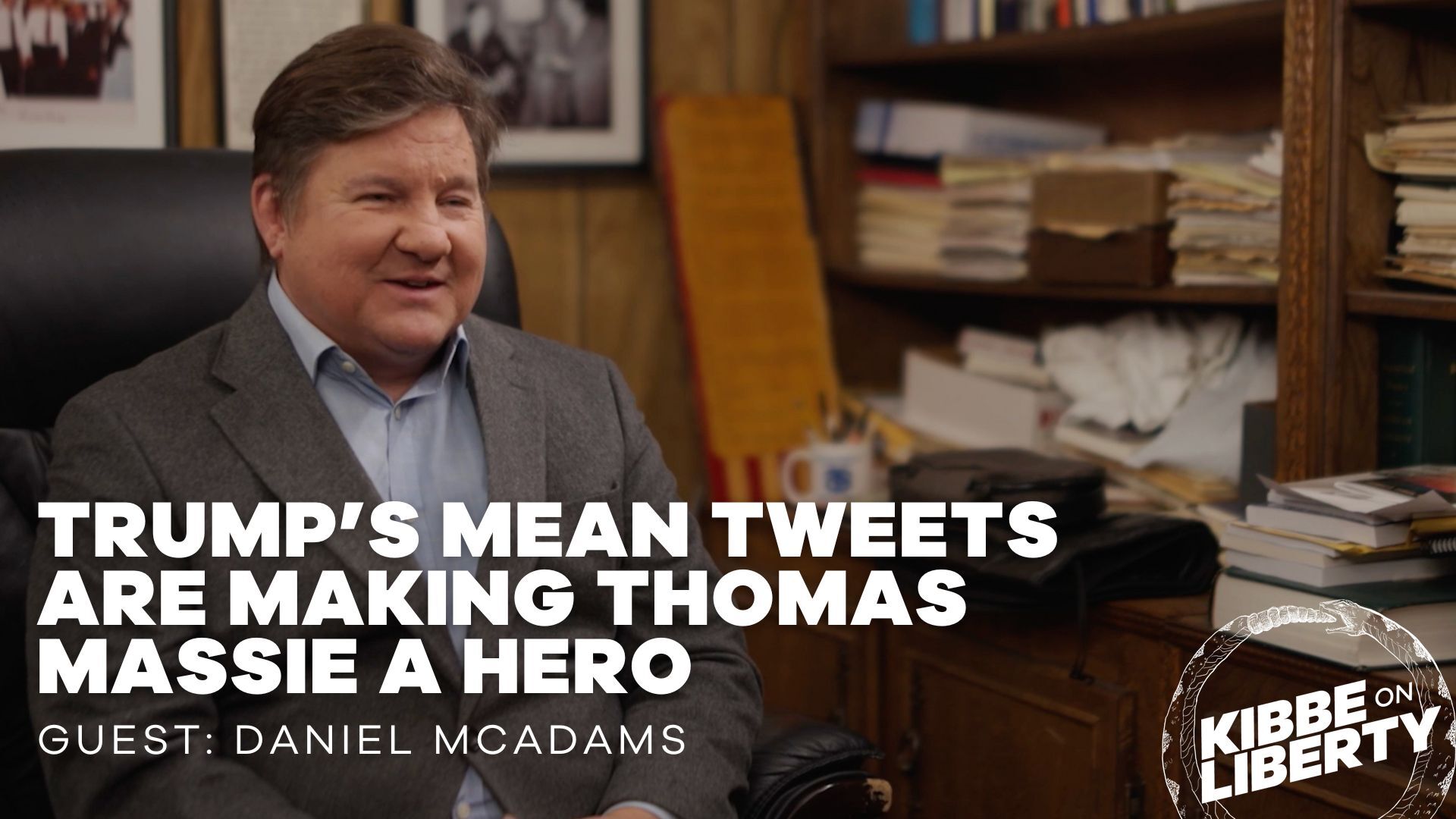
California’s War on Mockery Attacks Political Satire
Recently, Gavin Newsom signed into law the most stringent deep fake legislation in the country, AB 2655. One would think that a law known as the “Defending Democracy from Deep Fake Deception Act of 2024” would protect basic civil liberties such as political speech. It does not. California enacted this law to censor critics of Kamala Harris nationwide right before election season commences.
California’s beef with political satire began when Elon Musk shared an AI parody video of Kamala Harris without labeling it as “misleading.” In response, Governor Newsom promised to ban “voice manipulation” of this kind on X. Newsom fulfilled his promise by signing AB 2655 into law.
X has already sued California—a suit X will likely win on First Amendment grounds since the law contains content-based regulations that regulate extra-territorial content. Even if X loses in the District Court, the law will be overturned in a higher court since the Supreme Court held last term that the First Amendment: “prohibits government entities and actors from abridging the freedom of speech.” This law is not consistent with the Supreme Court’s prior ruling since it abridges individuals’ speech online by censoring political satire which Californians find offensive.
The legislation is a blatant attempt by California’s governor to impose his unconstitutional pipedream nationwide. The law will face scrutiny in federal courts on First Amendment grounds because AB 2655 targets non-resident dissidents who use social media to propagate their political views. The law does this in a few ways. First, the law only applies to social media companies such as X and does not apply to traditional media such as newspapers, news broadcasts, or radio. Second, the law prohibits “deep fake” videos of candidates for office or elected officials only two months prior, and two months after an election. Third, the law only empowers California residents to file reports. Finally, the law requires social media companies to remove the reported content within 72 hours of the report or be sued by California officials in court. Residents of other states are not given similar recourse if they deem online content inappropriate, offensive, or untrue.
Taken together the law empowers California residents and officials to limit political satire on social media during the peak of election season because those residents dislike the content. California Democrats clearly fear a repeat of 2016, where social media played a substantial role in Donald Trump’s win. Democrats are likely concerned that independents across the country will be swayed by conservative influencers online again. AB 2655 is their solution—it allows them to stamp out virtual right-wing dissenters so Democrats keep the White House this November.
The law also threatens the robust levels of political discourse that currently exist online. Both parties have used social media for years to generate political engagement. Donald Trump’s use of Twitter played a pivotal role in his ascension to the Presidency in 2016. Furthermore, social media has been a crucial tool for the Trump Campaign this cycle. President Trump has consistently used his social media site, Truth Social, to express his views on various issues. Furthermore, he joined TikTok and has been using social media influencers like Aidin Ross and Logan Paul to court young voters. Similarly, Kamala Harris has joined TikTok and her campaign has an account called “Kamala HQ” on X—both of which are used to engage with and court voters. Conservative influencers like Tucker Carlson have used social media to engage with the public for years. Like Tucker, Congressman and candidate for Attorney General of North Carolina Jeff Jackson has become a TikTok star and uses the platform to engage young voters.
California is so overwhelmingly Democratic that there are more left-leaning residents to file reports than conservative residents. Effectively, non-residents’ posts espousing views that California liberals dislike are more likely to face scrutiny. This may result in the chilling of satire online in favor of one ideology.
Ironically, a law meant to “protect” democracy from deception may undermine it by amplifying progressive views while suppressing conservative ones because they offend California leftists. California should get back on the right side of history and repeal this law before the Supreme Court strikes it down itself.
Free the People publishes opinion-based articles from contributing writers. The opinions and ideas expressed do not always reflect the opinions and ideas that Free the People endorses. We believe in free speech, and in providing a platform for open dialogue. Feel free to leave a comment.



